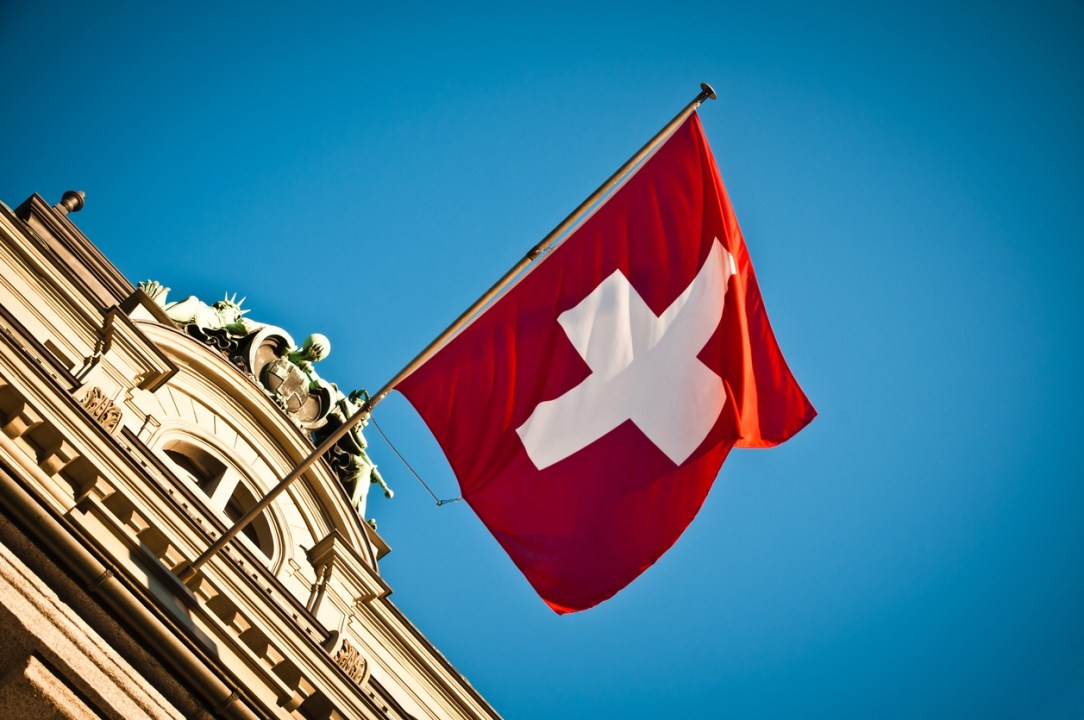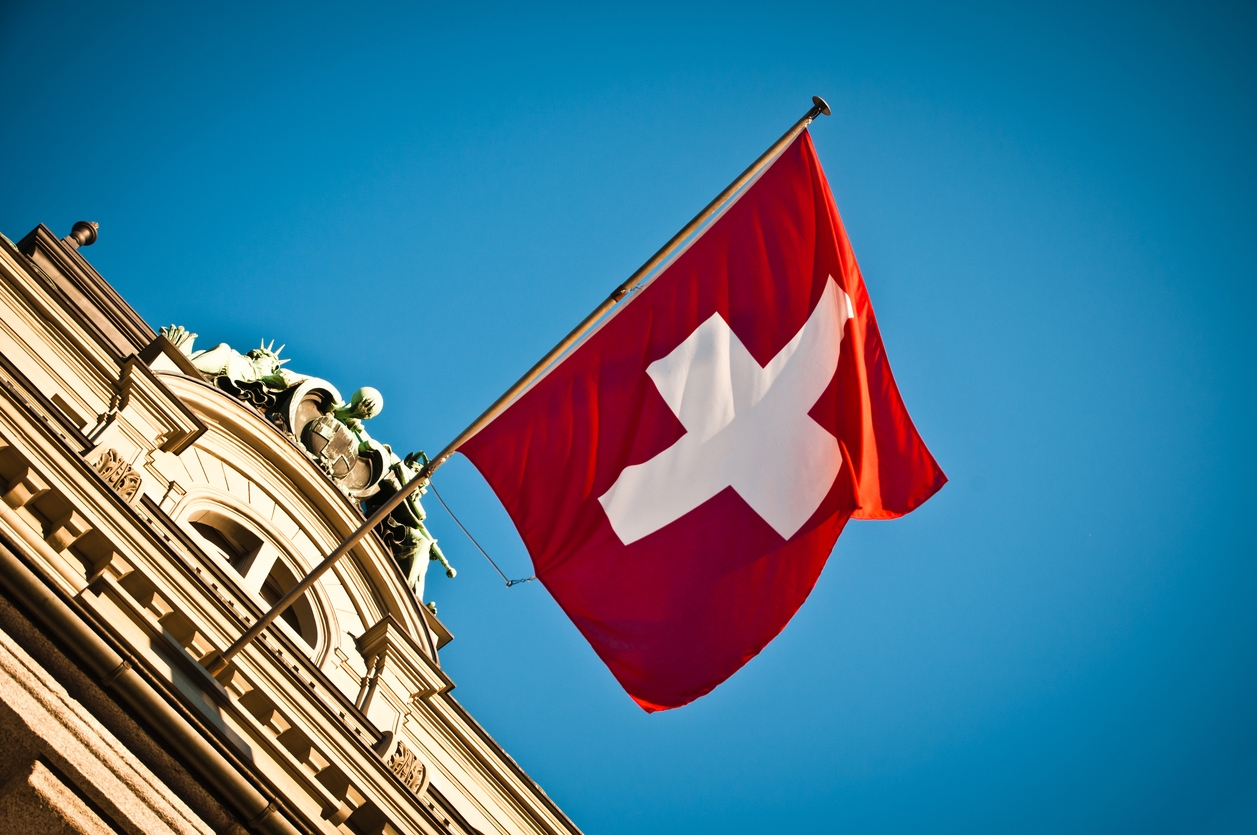Swiss banks are hardly exciting places. Family names adorn old buildings on alpine lakesides where most of the world’s wealthiest deposit their money. But take a look at what has been going on in Swiss courts this year and you might think again.
In late January, two Swiss banking executives were reprimanded in a case of serious money laundering. FINMA, the Swiss regulator, had uncovered CHF9 billion ($10 billion) of embezzled funds from Venezuelan oil company PDVSA stashed in 30 Swiss banks. Swiss newspaper Le Matin Dimanche called it ‘the largest source of suspicious funds in Swiss banks’.
In a country whose banking sector is still recovering from the reputational damage of the Petrobras, Odebrecht, 1MDB and FIFA scandals, this makes it very large indeed.
But then, just one week later, Franco-Israeli billionaire Beny Steinmetz was sentenced to prison for bribing the wife of the late president of Guinea. Beny Steinmetz Group Resources (BSGR), his Guernsey registered company, paid Mamadie Touré $8.5 million and the government $165 million for mining rights, which were later sold to Brazilian mining firm Vale for $2.5 million.
The Swiss want to show the world their banks are clean and they are willing to air all sorts of dirty laundry to make that point
Concerned that Steinmetz might have used Swiss banks in the transactions, Yves Bertossa, Geneva’s fierce public prosecutor, brought the first-ever international corruption trial to Geneva’s courtrooms. Steinmetz denies the allegations and will appeal.
The message that Bertossa and FINMA want to send is clear: Swiss banks, once a byword for secrecy and Nazi gold, are no longer open to corruption or money laundering. ‘The judiciary wants to send that message’, says Mark Pieth, a professor at Bern University who wrote much of Switzerland’s original anti money laundering legislation. But it’s uphill work, he says: ‘The federal attorney’s office is just coming out of a real crisis and I think it’s going to be uphill because there will be a new federal attorney elected in a matter of a few weeks and they will then have to clean up’.
Switzerland’s last attorney general, Michael Lauber, quietly left his post last month. The Swiss parliament wanted to impeach Lauber after he was investigated over a hushed meeting with Gianni Infantino, the head of FIFA, the very body he was supposed to be investigating. But the impeachment was dropped when Lauber agreed to step down five months before his term ended.
‘Now we’re hoping we get somebody who just knows the ropes’, says Pieth voicing the view of many in Switzerland. In November, the country was asked whether companies in Switzerland should be legally responsible for human rights abuses. While the referendum won the popular vote, it did not pass as too few cantons (Swiss counties) passed it.
The office of the attorney general looks like it has taken the message onboard though. A number of investigations are now underway, including one into the commodity giant Glencore and another concerning possible money laundering connected to Lebanon’s Central bank.
A new attorney general must then decide what to do with all the dirty money locked in Swiss banks. There is around half a billion dollars from the former presidents of Tunisia and Egypt, Ben Ali and Hosni Mubarak, who had their accounts frozen during the Arab Spring. This spring, that 10-year freeze expires.
But Swiss bankers say most of those cases relate to past dealings and they have since cleaned up their act. Due diligence and anti-money laundering regulations have been tightened, and banking secrecy was banished in 2018. ‘Switzerland is no longer the place you go if you have a dark past. Period,’ says Rafael Steinmetz Leffa, executive director of GWM, a Swiss wealth manager.
The Swiss want to show the world their banks are clean and they are willing to air all sorts of dirty laundry to make that point. But others worry what else prosecutors might find in those vaults.
‘We only see the tip of the iceberg’, says David Mühlemann, a policy analyst at Swiss NGO Public Eye. ‘We still regularly observe cases that are not investigated by the Swiss authorities. An example is the commodity trading house Vitol, which made a deal with the USA to settle FCPA investigations’.
Other cases will surely come to light, says Mühlemann. Time will tell whether these revelations will help clean up the murky reputation of the sector or dirty it further.







Comments